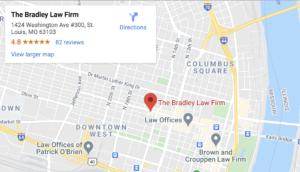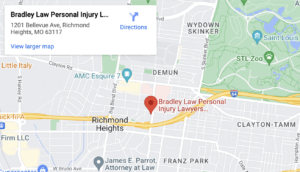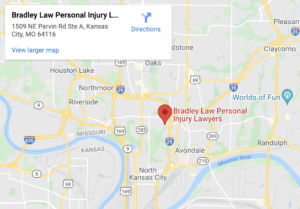
In legal parlance, a tort is a type of wrongful act that harms a person. This term can cover many types of actions, and torts are comprised of several subcategories.
One manner in which torts are categorized is by the mental state of the individual who commits the act. When an individual that commits a wrongful act does so with intent, this is called an intentional tort. In this article, we examine intentional torts.
What Is an Intentional Tort?
An intentional tort is an act that is committed intentionally that can result in legal action. Intentional torts differ from other types of torts, such as negligence. Claims involving negligent or accidental actions involve a party’s failure to act with reasonable care.
This differs from a claim involving an intentional tort, which requires the tortfeasor to demonstrate intent. In other words, for a tort to rise to the level of an intentional tort, the tortfeasor must have intended the harm caused.
However, this does not mean that one who committed an intentional tort meant to cause every injury or harm that resulted from their action. Rather, it simply means that the wrongdoer intended to commit the act that ultimately resulted in injury to another party.
Common Types of Intentional Torts
A party commits an intentional tort when they plan an act, carry it out, and understand their actions. Many acts that constitute intentional torts may also be charged as crimes. However, an intentional tort is solely a civil matter.
In other words, a party who files a lawsuit against another alleging an intentional tort seeks to obtain monetary damages for their injuries. If the state decides to pursue criminal charges for the same acts, that is a separate criminal matter. Below are some common types of intentional torts.
Assault: A person commits an assault when they threaten another person in a manner that creates fear of some kind in the victim. For example, if a person charges at another person, creating a fear of imminent danger in the victim, this could qualify as assault.
Battery: Battery is an intentional tort that involves hitting a person or otherwise touching someone in a manner that they find offensive. A helpful way to remember the difference between assault and battery in the civil context is that assault doesn’t have to involve physical contact, but battery does.
False imprisonment: False imprisonment occurs when one person confines another person without legal authority and against the will of the confined person. There are two primary exceptions to false imprisonment. The first involves the police, who have the authority to detain a person suspected of a crime. The second major exception is the shopkeeper’s privilege, which permits a shopkeeper to restrain a person suspected of shoplifting for a reasonable period of time.
Intentional infliction of emotional distress: A person may face civil liability if they intentionally cause another person to feel emotional distress. To prove this claim, a plaintiff must demonstrate that another person engaged in outrageous or extreme conduct with the intent of scaring the plaintiff, and the person’s actions caused the plaintiff to experience severe emotional distress or physical harm.
Defamation: Defamation is an intentional tort that occurs when a person knowingly spreads false information about someone else, causing harm to the victim. Defamation can include both spoken and written statements.
Invasion of privacy: Most states have a variation of the tort of invasion of privacy, and many of them recognize one or more of the following types of invasions of privacy:
- Public disclosure of information that is private
- Interference with a person’s right to be left alone
- False light, which occurs when a party publishes false information about someone else
- Appropriation, which refers to the unauthorized use of a person’s likeness for monetary gain
Trespass: Finally, the intentional tort of trespass comes in two varieties: (1) trespass on land; and (2) trespass on personal property. Both types of trespass involve the use of another’s property without permission.
Contact a Kansas City Personal Injury Attorney for Help With Your Intentional Tort Claim
If you’ve been harmed in Missouri due to another party’s intentional behavior, you may be entitled to significant financial compensation. However, to increase your odds of a successful outcome, you should contact a Kansas City personal injury lawyer as soon as possible for assistance. Call (816) 408-3448 to schedule a free online consultation with an attorney at Bradley Law Personal Injury Lawyers.
An experienced attorney will do everything in their power to obtain compensation on your behalf, including dealing with any insurance companies and other parties that may be involved in your case. They’ll ensure that you obtain a maximum recovery for your damages.




